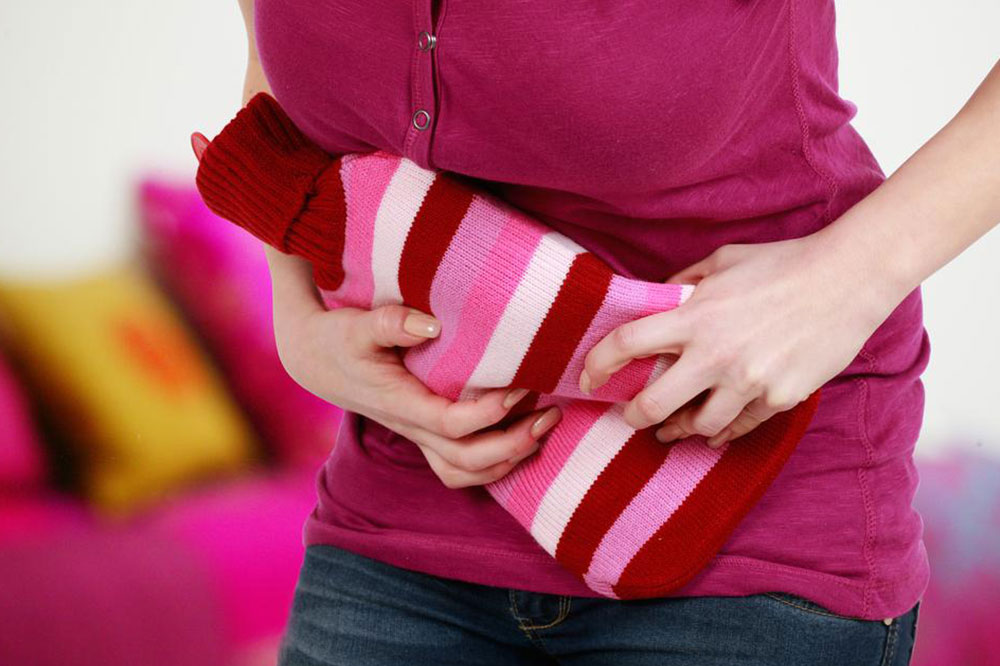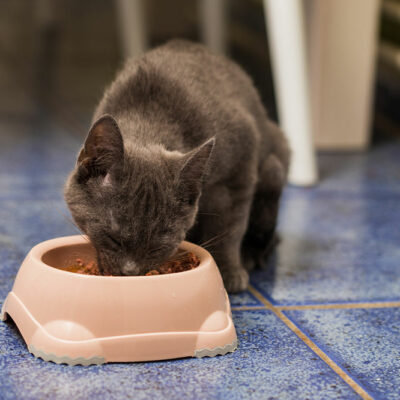
Symptoms and Treatment Options for Overactive Bladder (OAB)
An overactive bladder (OAB) is a medical condition in which patients have the constant urge to urinate. This urge is sudden and might be tough to control. It can occur due to a number of reasons, some of them being nerve damage, caffeine overdose, excess weight, and infection. OAB might cause interference with daily activities as controlling the bladder in this condition is highly difficult. It is essential to identify the early symptoms of OAB in order to make lifestyle changes that are necessary to manage the condition. Here are some early symptoms:
- Urine leaks
A urine leak, also known as urge incontinence, is when urine involuntarily passes from the bladder. It is uncontrollable and is a symptom of an overactive bladder. This may happen due to the weakening of the muscles that aid bladder function. Few pelvic floor exercises can help strengthen these muscles, thereby improving bladder control.
- Frequent urination
Urinating too many times in a day can be an early warning sign of OAB. In this condition, one may feel that the bladder never empties completely, which causes them to use the restroom at short intervals. This symptom may worsen by drinking tea or coffee. Try cutting down on such beverages and monitor your condition. If it improves, then you can consider avoiding them as a lifestyle change.
- Urinary urgency
Feeling a sudden and urgent need to urinate occurs due to uncontrollable contractions of the bladder muscles. This is known as a urinary urgency. This may happen because the bladder applies pressure on the urethra. It, then, involuntarily releases urine even though the bladder is not full. Those with OAB may either experience urinary urgency constantly during the day or feel the urge infrequently.
- Nocturia
Nocturia is the condition of waking up at night to urinate. A person might not be able to get a good night’s sleep because of this urge to urinate. This might be a symptom of OAB. Medications such as diuretics or “water pills” can increase the amount of times one uses the restroom at night. Aging can make nocturia common as well. If this condition occurs often, then it is best to consult a doctor to check for OAB.
- Fatigue
Fatigue that results from nocturia is a symptom of OAB. Urinating several times, especially in the middle of the night, can make one feel tired. This makes it difficult to return to a deep and peaceful sleep. This lack of good sleep can result in low energy levels during the day, leaving one feeling exhausted. Over time, this can even lead to chronic fatigue.
Treatment of OAB
An overactive bladder can be treated—or its symptoms alleviated—in a variety of ways, some of which are:
- Practising changes in diet—avoiding caffeine, citrus fruits, sports drinks, and chocolate
- Performing bladder training and pelvic exercises
- Starting an intake of supplements such as magnesium hydroxide
- Taking anticholinergic drugs such as fesoterodine
- Opting for surgery that includes urinary diversion or bladder removal


